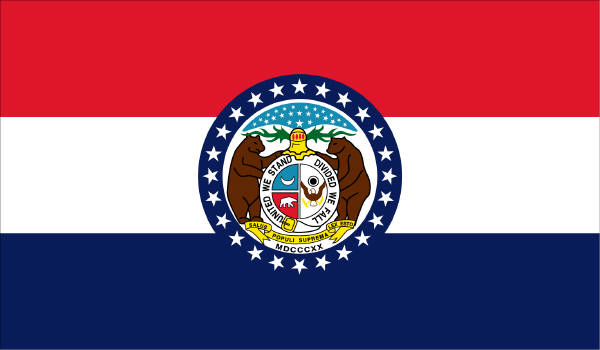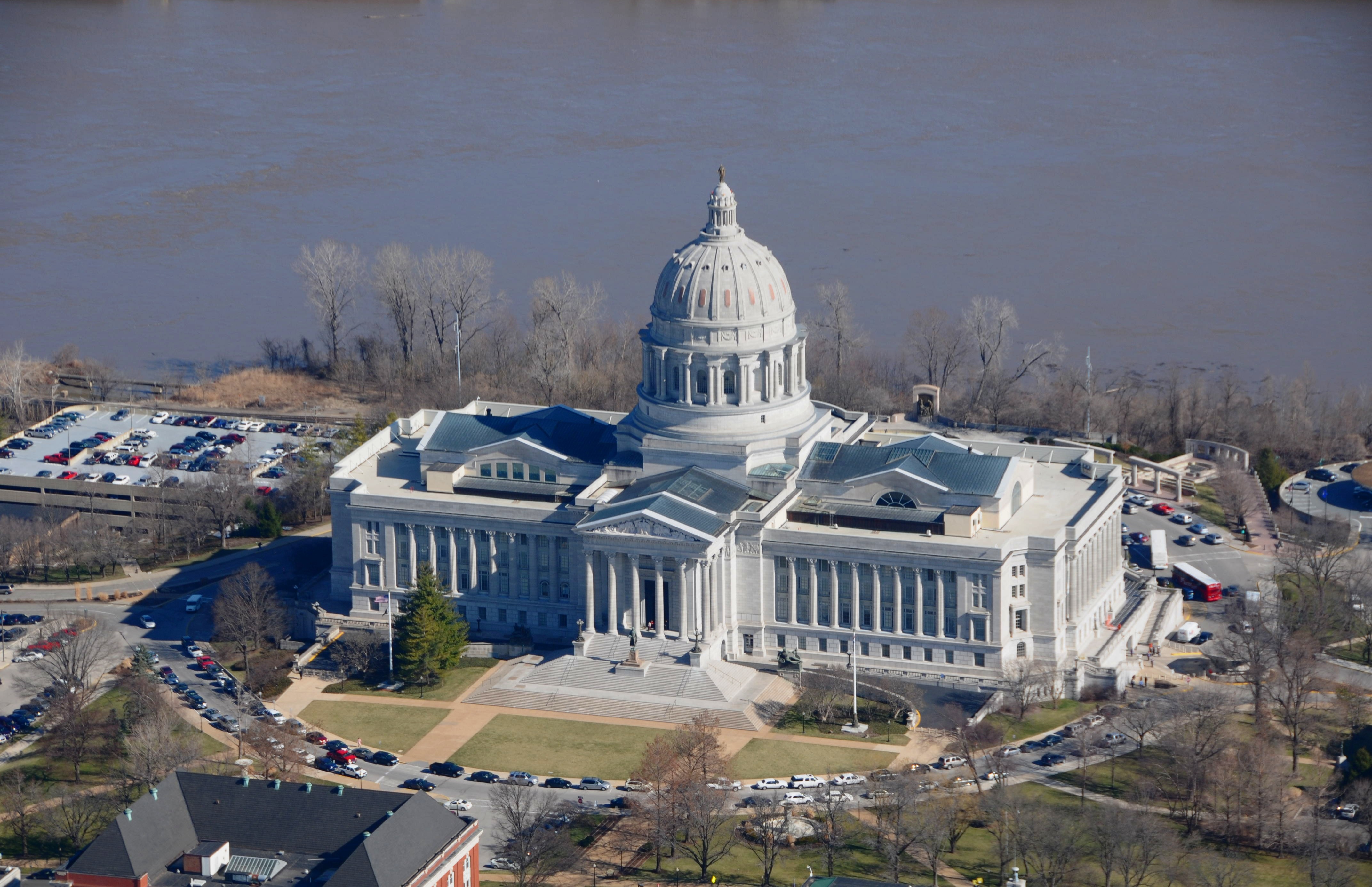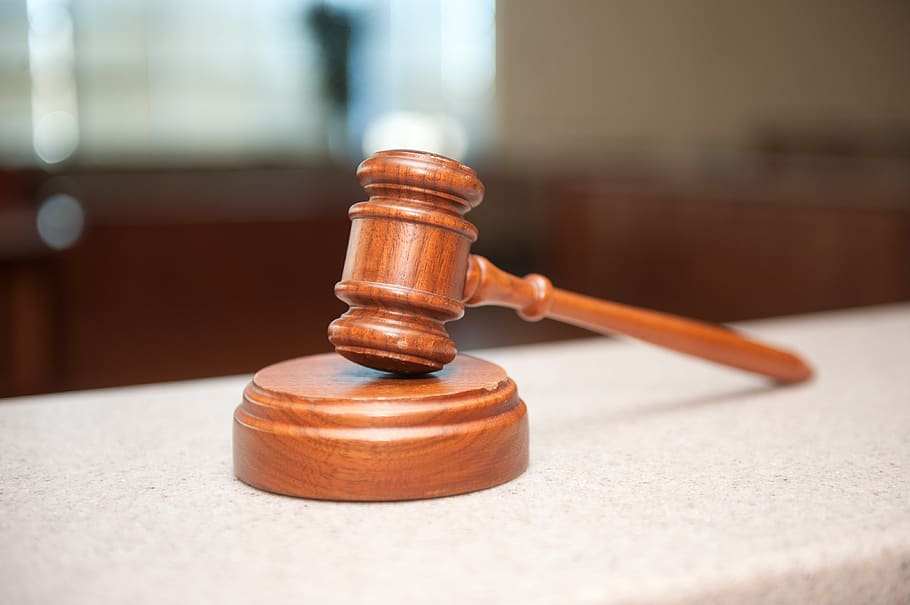Tag: missouri
-
Missouri enacted new congressional boundaries in May

Missouri enacted new congressional district boundaries on May 18 when Gov. Mike Parson (R) signed them into law. According to Rudi Keller of the Missouri Independent, “No change in the partisan makeup of the Missouri delegation, currently six Republicans and two Democrats, is expected as a result of the map.” Keller also wrote, “nine counties…shifted…
-
Missouri General Assembly considered an average of 1,866 bills between 2011-2022

Between 2011 and 2022, the Missouri General Assembly considered an average of 1,866 bills and passed an average of 93 bills. The General Assembly passes an average of 5.2% of considered bills each year. In 2022, the Missouri House and Senate considered an above average number of bills (2,105), but passed the lowest number of…
-
No state officials resigned, died, or were appointed in Missouri in June

In June, there have been no irregular officeholder transitions in Missouri for offices within Ballotpedia’s coverage scope. This includes the resignation, death, appointment, or winning of a special election in positions such as a state executive office, a seat in the General Assembly, or a non-district judgeship. As of June 24, 2022, all state executive…
-
Missouri Supreme Court has made two decisions in June

The Missouri Supreme Court has made two decisions so far in June. Alfred J. (A.J.) Giudicy v. Mercy Hospitals East Communities f/k/a St. John’s Mercy Medical Center, and Michael J. Chehval, M.D. was argued on March 22, 2022 and the opinion was issued on June 14. The circuit court’s decision was unanimously affirmed. The case…
-
The Missouri General Assembly considered the highest number of appropriation bills

In 2022, the Missouri General Assembly considered the highest number of appropriation bills since 2020. The General Assembly considered 37 appropriation bills during the 2022 legislative session and passed four bills. In 2020, the General Assembly considered 15 bills and also passed four bills. Two of the bills that became law in 2022 were signed…
-
Ten Missourian candidates completed Ballotpedia’s Candidate Connection Survey

Below are a selection of responses from the candidates who recently filled out Ballotpedia’s Candidate Connection survey. To read each candidate’s full responses, click their name at the bottom of the article. Justin Hicks is running for Missouri House of Representatives to represent District 108 and the Republican primary is on Aug. 2. Here’s how…
-
Missouri sees most U.S. House candidates since at least 2014

The filing deadline for candidates running for Congress in Missouri this year was March 29, 2022. Fifty-nine candidates are running in Missouri’s eight U.S. House districts, including 22 Democrats and 37 Republicans. That’s 7.37 candidates per district, more than the five candidates per district in 2020 and the 4.87 in 2018. Here are some other…
-
Seven Missourian candidates completed Ballotpedia’s Candidate Connection survey since June 8

Below are a selection of responses from the candidates who filled out Ballotpedia’s Candidate Connection survey since June 8. To read each candidate’s full responses, click their name at the bottom of the article. Wally Long is running for election to the Missouri House of Representatives to represent District 157 and the Republican primary is…
-
Missouri General Assembly considered highest number of judiciary bills since 2019

In 2022, the Missouri General Assembly considered the highest number of judiciary bills since 2019, but passed the fewest number of bills. The General Assembly considered 267 judiciary bills during the 2022 legislative session and passed one bill. The next highest number of bills considered was in 2020 (242 bills) and 2 bills were passed…
-
Missouri General Assembly considered the highest number of government accountability and oversight bills since 2019

In 2022, the Missouri General Assembly considered the highest number of government accountability and oversight bills since 2019. The House and Senate considered 108 bills during the 2022 legislative session and 91 in 2021. Government accountability and oversight bills have been adopted into law in three (2022, 2021, and 2019) out of the past four…

